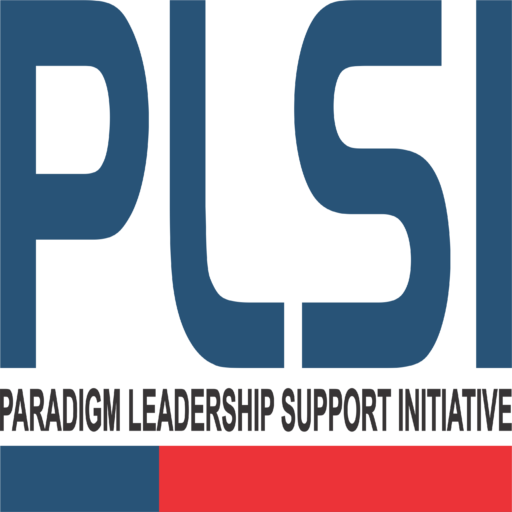The Federal Government’s budget in 16years specifically between 2000 and 2016 stood at N34.3tn with capital allocated N14.2tn (approx 41%) while recurrent attracted N20.07tn (approx 59%). It is however preposterous to say the least that development in the country is still where it is today. This level of development certainly cannot validate or rationalize the huge money that was budgeted for within these 16 years. Although budgets are mere estimates of government’s projected revenue as well as intended expenditure, it is safe to say not less than 60% of money allocated to capital was exhausted with little or nothing to show for it.
One of the important instruments to determine the efficiency, effectiveness and economy of public spending is the audit mechanism. This enables both government and citizens to see where public funds allocated through appropriation had gone. It is regrettable that Nigeria with enormous crude oil earnings especially in the years of boom couldn’t achieve much in fast-tracking infrastructure development which should serve as the engine of growth. The country recorded estimated earnings of N93tn from crude oil sales between 1999 and 2016 with President Obasanjo’s administration accounting for approximately N27tn amid May 1999 to May 2007, President Yar’ Adua N9tn before he passed on. The immediate past President Goodluck Jonathan also realized a whooping sum of N51tn between 2010 and 2015 which is adjudged the largest crude oil earnings in a single administration. President Muhammadu Buhari’s government has also earned approximately N9tn between when he assumed power in May 2015 and August 2016.

The mismanagement and misappropriation of public funds rendered several budgets ineffective. The inefficiency associated with the public contracting process also continues to hinder the realization of value for money in public spending. Over the years, there has been barefaced and blatant disregard for financial regulations and procurement rules meant to drive public sector transparency and accountability leading to encouraging budget performance viz-a-viz government expenditure. Recommendations of the Auditor-General for the Federation are constantly pushed aside by MDAs to give way for grand corruption that has distorted the Nigeria’s public sector space. The Public Account Committees (PAC) of both chambers of the National Assembly have been sleeping on for many years not acting on the report of the Auditor-General for the Federation to curb corruption and promote efficiency in the utilization of public funds and one wonders what exactly is the role of the Nigerian parliament in developing the country.
Our organization, PLSI was pressed by the need to ensure that public spending translate to tangible value for communities as such we decided to take a look at previous audit reports of the federal government. This task has undoubtedly met brick walls by those who continue to profit from public sector corruption despite several FOI requests to access past audits. We however were able to carry our analysis on the 2012–2014 reports with special attention on the Performance audit section also known as value-for-money section in which capital spending is reported on . Our organization analyzed 192 projects in 41 ministries, departments and agencies of government and discovered an alarming sum of N194bn lost to corruption, inefficiency, mismanagement and misappropriation in just three years.
As our organization earnestly awaits the presentation of the 2015 audit report of the federal government to parliament in the days ahead, it is our hope that the Office of the Auditor-General for the Federation will make this report public to encourage civic participation. PLSI believe Nigerians deserve to know how their taxes as well as other public funds generated through additional sources have been utilized and ascertain whether value have been realized for all public spending in the 2015 budget year especially where there are no corresponding development in their communities.

